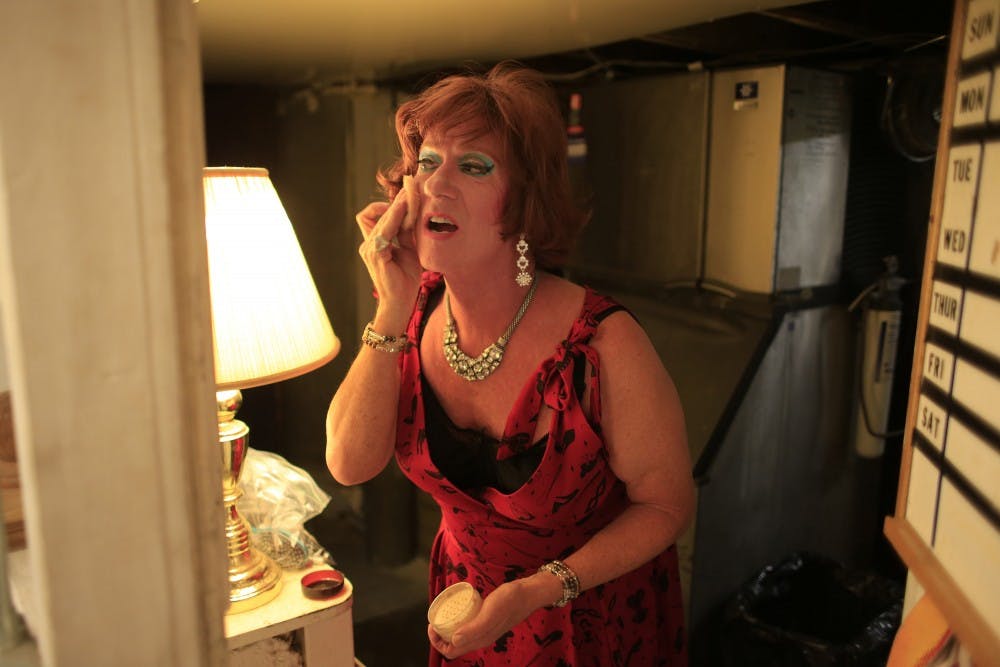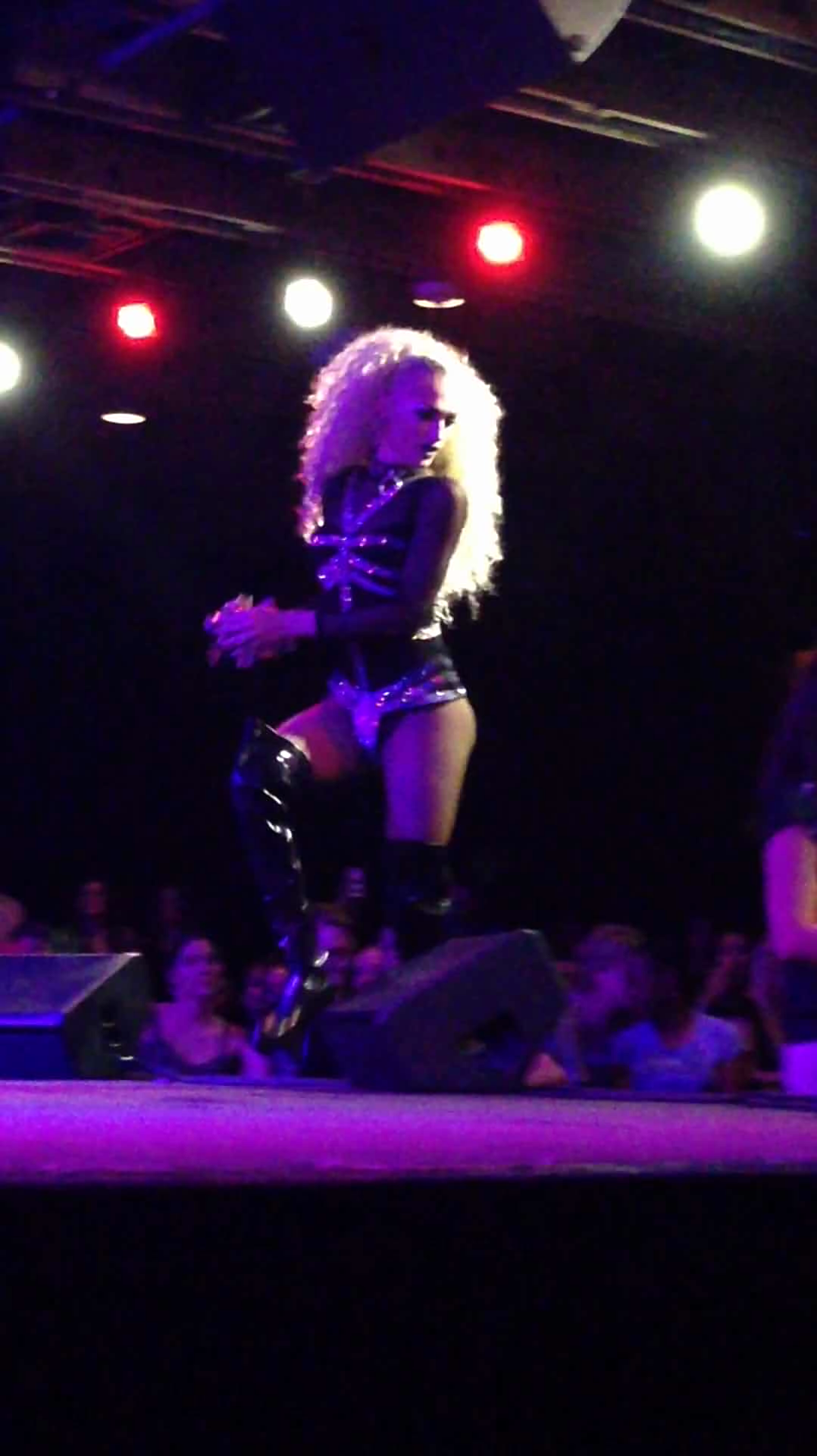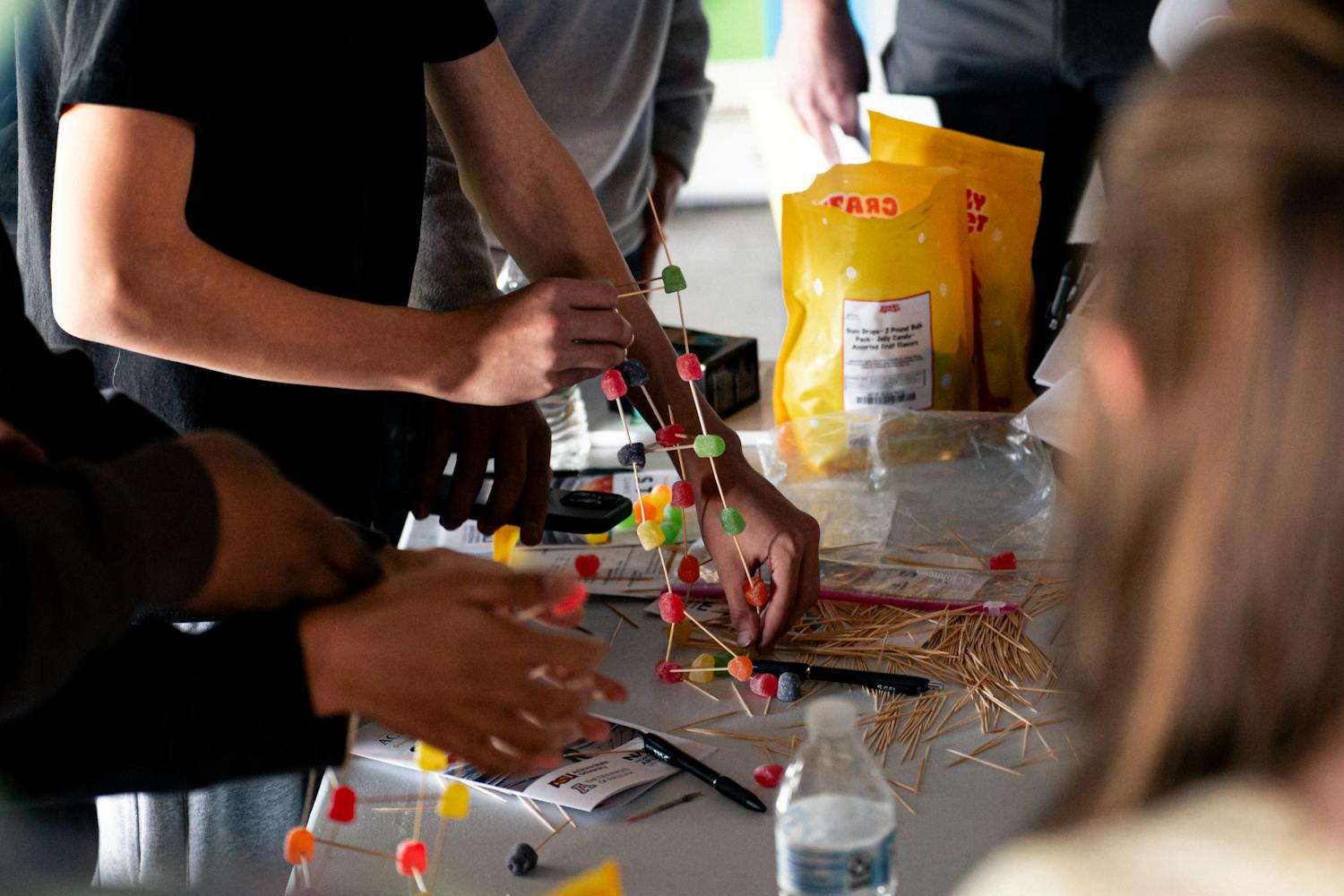Today's world is exposed to men in drag through the popular television show "RuPaul's Drag Race," where they proclaim “No truth, no shade." But few are aware that women participate in the culture too, like Lady Gaga does as both a drag king and queen in her music video, You and I.
Many are aware of how empowering it can be for males to get into character and unleash their inner feminine side through the drag scene. Yet, few are familiar with how drag empowers females.
This is not only true for females who dress up as drag kings, but also for females who dress up as drag queens (also known as faux queens, bio-queens, hyper-queens, lady-queens).
For those who appreciate drag culture, it may come as good news to know that the boundary-breaking practice of drag is now having its own boundaries broken. The foundation that drag was built on is now clearly reinforced — women dressing in drag affirms that drag is genderless. Dissolving boundaries and opening up inclusion to anyone willing to perform is one of the major ways drag empowers people.
For female drag queens, the benefit that they get from dressing up is something that resonates with many women. In a world where the female form and "femininity" are objectified around nearly every corner (literally turn the corner and it's on a billboard somewhere), drag provides an outlet to twist this oppression into a form of art.
As Amanda Scriver put it in her article for The Establishment, "Why Faux-Queens Deserve a Place in Drag," some women, especially very curvaceous women, can adorn their bodies in such a way that mocks representations of hyper-femininity, which may have made them feel uncomfortable when it was crafted in the hands of patriarchy.
These women are liberated by dressing avant-garde and resisting a culture that asks women to conform to a certain standard of beauty. It is like living off-the-grid. Dressing in drag is a little cabin in the woods — a sanctuary where they can remove themselves from societal constraints.
As one drag king and five-year drag performer, Eddie Broadway, said drag enables him to bring people into his world.
"People look up to me, I get to be my authentic self, but I also get to be characters,” he said.
Broadway was one of many performers at a show called "Arizona’s Drag Stars," which appeared for the second time at Crescent Ballroom in Phoenix last Thursday.
Through drag, bio-queens are able to take back their femininity on their own terms. For some women, this may actualize as resistance or calling hyper-femininity into question. For others, they may find a safe space to explore hyper-femininity.
Within female oppression is a constant double-standard that asks women to be two different things at once — Be sexy, don’t be slutty. Be strong, don’t be buff. Be intelligent, don’t be assertive. Drag culture is truly a release from these oppressive elements of our culture. In drag, the woman is free is make herself into whatever she pleases, with a whole audience cheering her on and holding out tips.
Bio-queens may even mock hyper-sexuality by making their look an exaggeration of ideal beauty standards. Now that she appears as an alien species in comparison to the women you see in ads on the street, she is impervious to judgement.
She has put herself out there to such an extent that so obviously transcends any care for the nay-sayer. She may still be a beautiful, sexy woman, but now she fits into a Halloween category of our minds, eliminating her from the mind’s framework for sexual objectification. It is like drag parody.
Reach the columnist at ralydfor@asu.edu or follow @ralydford on Twitter.
Editor’s note: The opinions presented in this column are the author’s and do not imply any endorsement from The State Press or its editors.
Want to join the conversation? Send an email to opiniondesk.statepress@gmail.com. Keep letters under 300 words and be sure to include your university affiliation. Anonymity will not be granted.
Like The State Press on Facebook and follow @statepress on Twitter.





